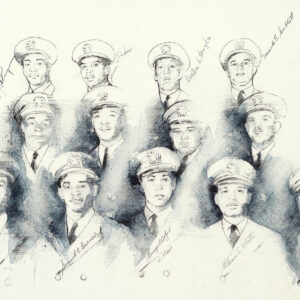 The Golden Thirteen
The Golden Thirteen
Gender: Male
 The Golden Thirteen
The Golden Thirteen
Good Government Committee (Little Rock)
 Harvey Goodwin
Harvey Goodwin
 Harvey Goodwin
Harvey Goodwin
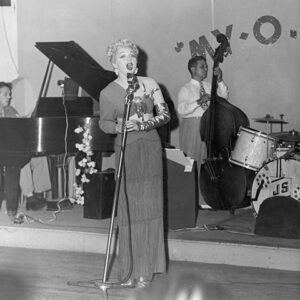 Harvey Goodwin
Harvey Goodwin
 Harvey Goodwin Photos
Harvey Goodwin Photos
Goodwin, Harvey Wilson
aka: Harvey Lee
Goodwin, William Shields
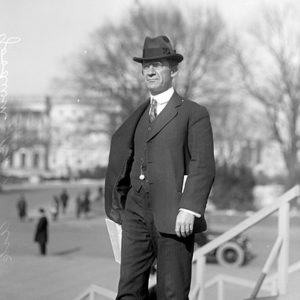 William Goodwin
William Goodwin
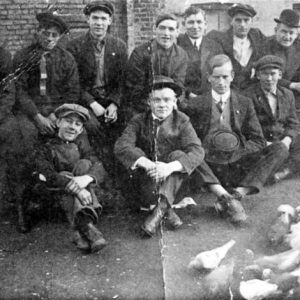 Gopher Gang
Gopher Gang
 Gordon Campaign Letter
Gordon Campaign Letter
Gordon, Anderson
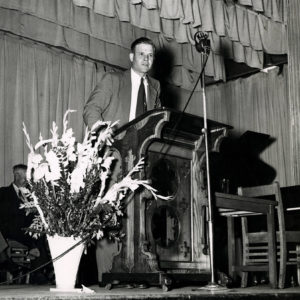 Nathan Gordon
Nathan Gordon
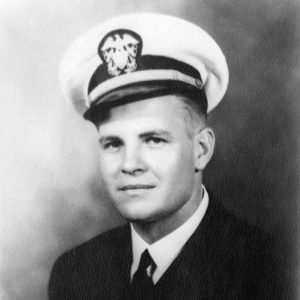 Nathan Gordon
Nathan Gordon
 Nathan and Virginia Gordon
Nathan and Virginia Gordon
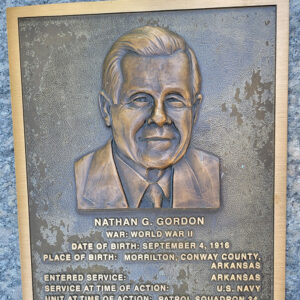 Nathan G. Gordon Plaque
Nathan G. Gordon Plaque
Gordon, Nathan Green
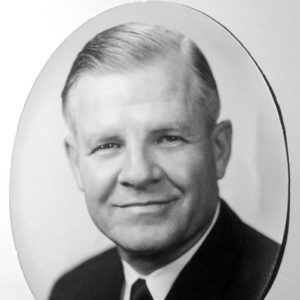 Nathan Gordon
Nathan Gordon
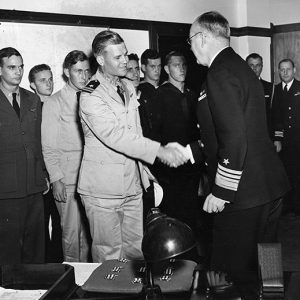 Nathan Gordon Receiving the Medal of Honor
Nathan Gordon Receiving the Medal of Honor
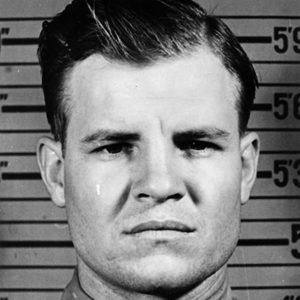 Nathan Gordon
Nathan Gordon
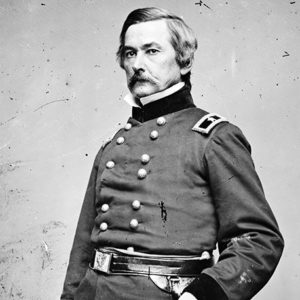 Willis A. Gorman
Willis A. Gorman
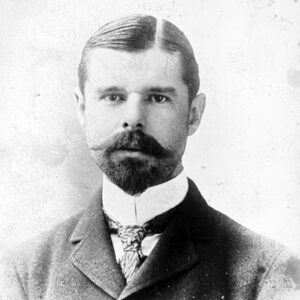 Edwin Gould
Edwin Gould
Gould, Godfrey (Lynching of)
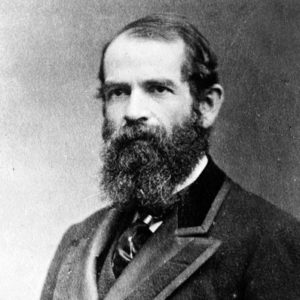 Jay Gould
Jay Gould
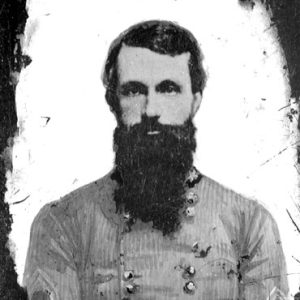 Daniel Govan
Daniel Govan
Govan, Daniel Chevilette
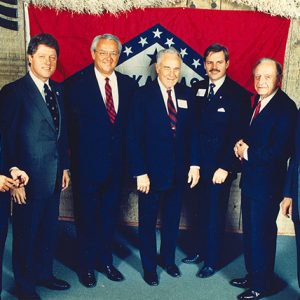 Governors' Reunion; 1986
Governors' Reunion; 1986
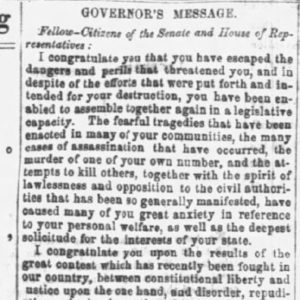 Governor's Message
Governor's Message
Graham, David Crockett (D. C.)
Graham, Fred Patterson
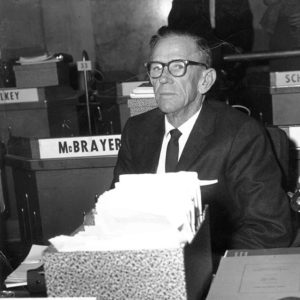 Paul M. Graham
Paul M. Graham
Graham, Paul Miller
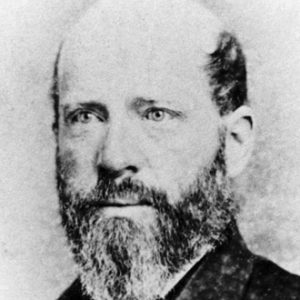 Robert Graham
Robert Graham
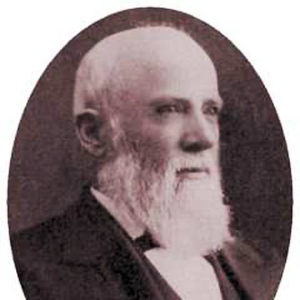 Robert Graham
Robert Graham
Graham, William Karr (Bill)
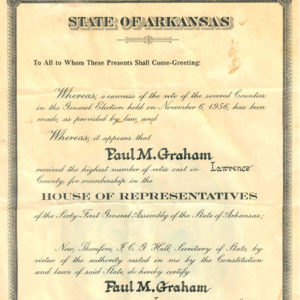 Graham's Diploma
Graham's Diploma
Grand Glaize, Expedition to
aka: Scout to Little Red River
Grand Glaize, Scout to
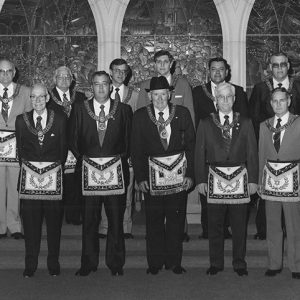 Grand Lodge Officers
Grand Lodge Officers
 David Grann
David Grann
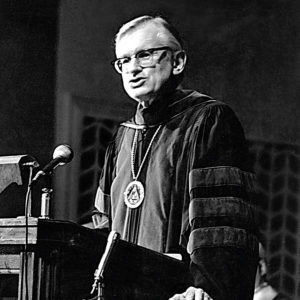 Grant Speaking
Grant Speaking
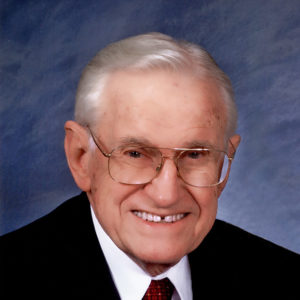 Daniel Grant
Daniel Grant
Grant, Daniel Ross
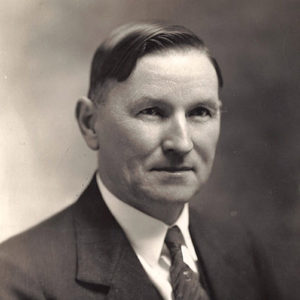 James R. Grant
James R. Grant
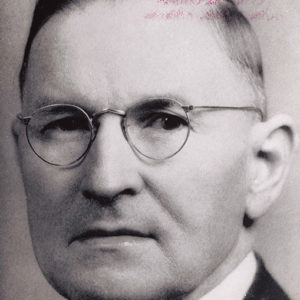 James R. Grant
James R. Grant
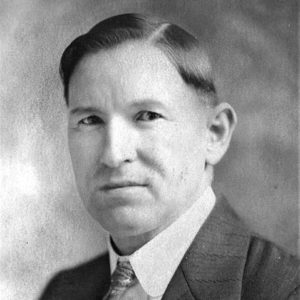 James R. Grant
James R. Grant
Grant, James Richard (J. R.)
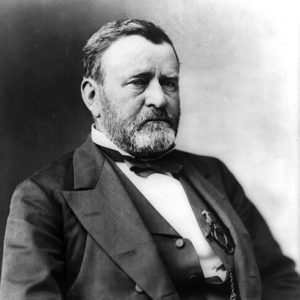 Ulysses S. Grant
Ulysses S. Grant
Graves, Lawrence Preston
 Lawrence Preston Graves
Lawrence Preston Graves




